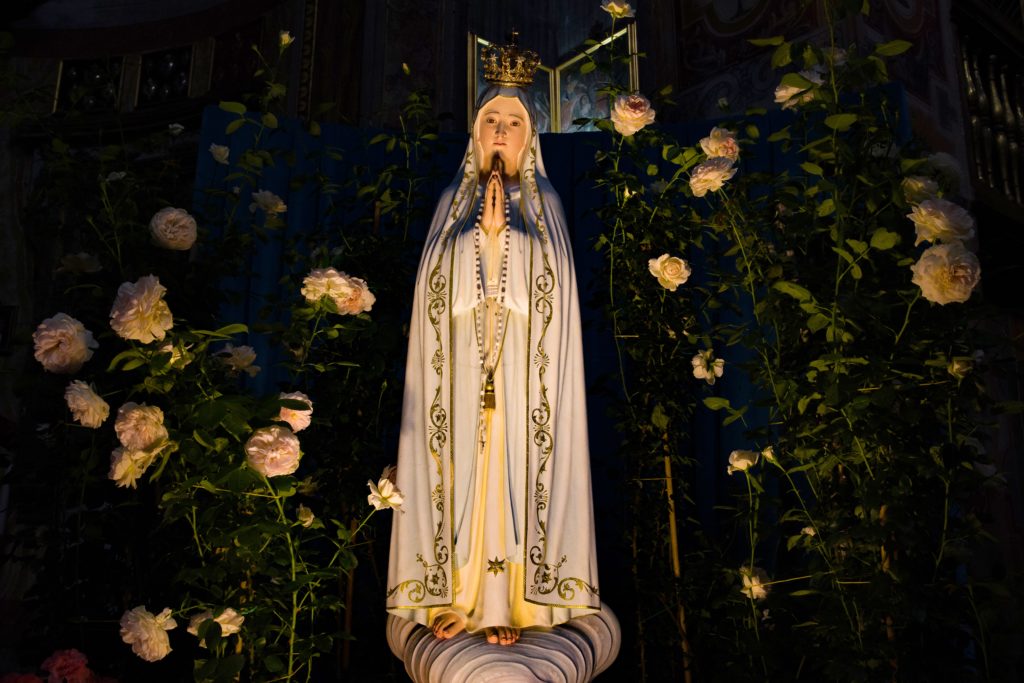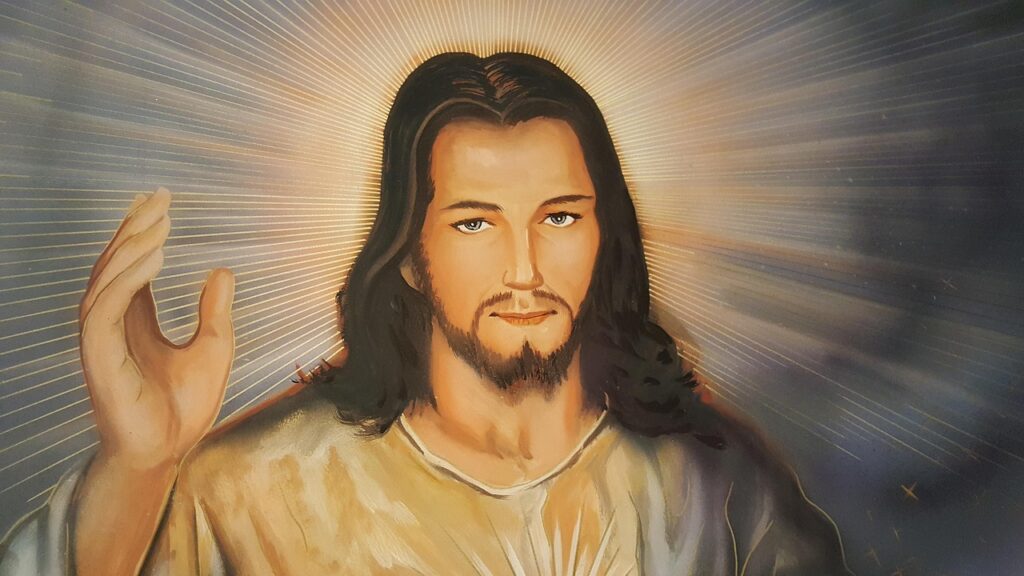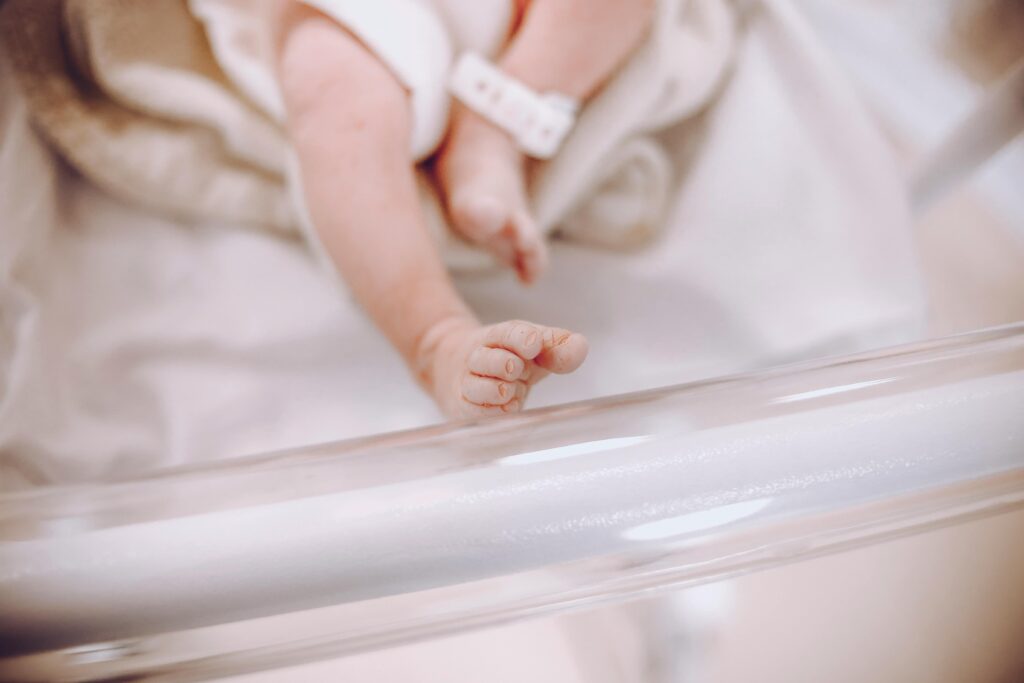May 13: Fatima and Peace
Summary of An Address by Father Jose Antonio Senovilla

On the occasion of the Feast of the Virgin of Fatima, May 13, 2021, Father Jose Antonio Senovilla of the Opus Dei Prelature and a collaborator of Exaudi, shares with our readers his address entitled ‘Fatima and Peace,” presented at the Mariological Congress on the 400th anniversary of Our Lady of Charity as Patroness of Sanlucar de Barrameda, Spain, on May 13, 2018.
In his address, Father Senovilla recounts how at the end of the 19th century, “the world suffered again very profound changes: empires fell and, at the beginning of the new century, wars and revolutions occurred of unprecedented proportions. In the midst of that atmosphere of depression and fear, God saw fit to send Holy Mary again: Fatima is a dialogue of God the Father with His children, through his favorite Daughter, our Blessed Mother.”
Therefore, Fatima is an attempt by the Queen of Peace to warn Her children of the harm they are capable of doing to themselves if they separate themselves from their Father-God. However, above all, God’s abasing Himself to give men instruments of peace and salvation is a grandiose reason for hope.”
Father Senovilla also says that Christians of our time and, in general, all people “of good will” have two concerns: “the peace of the world” and “the salvation of many good people to whom no one has ever spoken of the infinite power and loving mercy of God.” Nevertheless, “the message of Fatima has come” to our aid, bringing instruments to address both.
So, in each one of Her apparitions in 1917, the Virgin requests that we pray the Rosary every day, “asking for peace in the world” and this “is a full-fledged pact!” She is the Queen of Peace. If She says to me ‘pray the Rosary every day for peace in the word,’ this means that, if I take on the challenge and pray the Rosary with an open heart in Her presence every day, She will obtain this peace from God. The Virgin has promised it and accomplishes it. She did so from the beginning, putting an end to the First World War (Memorias de la Hermana Lucia I, pp. 174 and 176).”
In his article, Father Senovilla also addresses the question why the Virgin requested that the Rosary be prayed every day, and not that one attend Mass every day, pointing out that She did not reveal this to the children. Nevertheless, in this connection, Lucia does give the reason that many people, although wishing to do so, would not be able to attend Holy Mass, but that everyone can pray the Rosary. “The Virgin gives us a weapon within everyone’s reach: the Rosary is a simple prayer, able to touch the heart of an intellectual as well as that of an illiterate.”
In regard to the salvation of sinners — the second promise — the text stresses that in today’s world many live very far from God and from the Commandments that He gave Moses “as way of salvation.” God “doesn’t want to oblige us to love Him,” “He created us free” because “there is no love without freedom,” and the Lord “respects and loves our freedom in such a way that sometimes it is difficult for us to understand,” explains Father Senovilla.
At the same time, “the Church has always believed in the intercessory power of sacrifices offered for others, living or deceased. When the Virgin said in Fatima that we should offer sacrifices for the salvation of sinners, this means that if you and I pay for a sort of ransom, She commits herself to ‘obtain” from God the repentance of a sinner, perhaps in the last and definitive moment of his life,” he continues.
Sacrifices for Souls
This is a promise similar to that of “pray the Rosary every day for peace in the world”: it’s a pact! I offer a sacrifice and She obtains a miracle from God.” Then, the priest asks: “What sacrifices have worth to save souls that are about to be lost? All,” he answers.
A sacrifice is not “only what is costly: all that we do, if it’s not bad in itself, can be offered as a sacrifice: it can become something sacred (that sacredness is at the root of the sacrifice) and be an instrument of salvation of souls in urgent need of being rescued.”
Moreover, Father presents the prayer that the Virgin taught the little shepherds on July 13, for them to pray as they offered a sacrifice,” which is capable of changing the heart of one who dares to pray it . . . from his heart”: “Oh Jesus, it is for love of You, for the conversion of sinners, and in reparation for the sins committed against the Immaculate Heart of Mary” (Memorias de la Hermana Lucia I, p. 134).
Fatima’s Prophetic Character: Russia
Lastly, Father’s address refers to Fatima’s prophetic character. The Virgin spoke of Russia from Her apparition on July 17, 1917, when she indicated that the War was going to end. “However, if you do not cease to offend God, a worse one will begin in Pius XI’s reign. When one night you see an unknown light shine (a note explains that it is the aurora borealis, which occurred on the night of January 25-26, 1938), know that it is the great sign that God gives you that He is going to punish the world for its crimes through the War, hunger, and persecutions of the Church and of the Holy Father.”
“To impede it, I will come to ask for the consecration of Russia to my Immaculate Heart and a Communion of reparation on the first Saturday of the month. If you pay attention to my requests, Russia will convert and there will be peace; if not, she will spread her errors around the world, promoting wars and persecutions of the Church. The good will be martyred, the Holy Father will have much to suffer, and several nations will be annihilated. Finally, my Immaculate Heart will triumph. The Holy Father will consecrate Russia to me, which will convert, and the world will be granted a time of peace . . . “ (Memorias de la Hermana Lucia I, pp. 176-177).
The years passed and the Popes did not consecrate Russia as the Virgin had requested. World War II broke out “and the world and the Church had to suffer a lot, as was announced . . . “
Finally, after the attack on John Paul II of May 13, 1981, his visit to Fatima and his interview with Lucia, the Successor of Peter did then the consecration the Virgin had requested: from that moment on, the fall of the Soviet Union began.
“Something unforeseen and surprising, which disappeared in an incredibly peaceful way in a few years . . . “ (Un Camino Bajo la Mirada de Maria, Carmel of Coimbra, Biography of Sister Maria Lucia of Jesus and of the Immaculate Heart, pp. 217-222).” “It is Mary’s intercessory power if we do our part . . .” says Father Senovilla in his address.
Fatima, “A Cry of Hope”
Therefore, “Fatima is something that Heaven takes very seriously. Fatima is a commitment, and a cry of hope: ‘Let me help you . . . I give you the weapons to obtain peace . . . ‘ That is precisely the motto Pope Francis chose on the occasion of his pilgrimage to Fatima in the Centenary of the Apparitions: ‘A Pilgrim with Mary in Hope and Peace,” adds the author.
The priest also says that Fatima is “one of those private revelations, to which a Catholic can adhere if he wishes or not; it is fully within his rights. However, what is true is that Fatima is pure Gospel: it doesn’t say anything that God hasn’t told us in His Revelation . . . however, in these difficult times She says it in a very maternal way”: “God is always close, and in every time He tries to give His children the keys to sanctify it.”
Fatima and the Pandemic
On the message of Fatima in the present times of pandemic, Father Senovilla reminds that “the Virgin takes care of us, although we often don’t realize it. This is how good and discreet our Blessed Mother is. We must constantly thank God for Her. We are in a difficult, a very difficult time. We have to assume that the Virgin of Fatima is protecting us. What relationship can we find between Fatima and the present time?
Fatima speaks to us of the Rosary, of sacrifices, of consecration to Mary’s heart, of Communion of reparation on first Saturdays, of Confession . . . And all this has been of greater importance during the pandemic. Many more people have prayed the Rosary, including families and friends united through the Internet. Very many people have offered sacrifices for others (not only health workers and the police but also professors, parents, children!). Many have valued more the necessity of Communion and Confession, not having the Sacraments so readily at hand . . . Many nations have consecrated themselves again to the Virgin of Fatima, united to their Bishops and all united to the Holy Father . . . All this is what the Virgin requests so that peace may exist and hearts be converted. And we are giving Her this . . .
In Fatima, we see once again that the Virgin avoids greater evils and shortens the time for the coming of peace. It is also happening now, in this time of mercy, in which we priests are witnessing so many conversions. Because the peace we desire begins in hearts. Fatima continues to be a song of hope. Let us trust each day more in the maternal care of Mary, Queen of Peace. We will always find in Her an inexhaustible source of hope.”
Related

A Call for Peace in 16 Languages in Krakow and Across Six Continents
Heschel Centre for Catholic-Jewish Relations at the Catholic University of Lublin
11 March, 2025
2 min

The Spirit led him through the desert, while he was tempted: Fr. Jorge Miró
Jorge Miró
09 March, 2025
3 min

Reflection by Monsignor Enrique Díaz: Temptations
Enrique Díaz
08 March, 2025
6 min

The Church in Mexico calls to promote the culture of life in the Jubilee of Hope 2025
Exaudi Staff
06 March, 2025
1 min
 (EN)
(EN)
 (ES)
(ES)
 (IT)
(IT)

